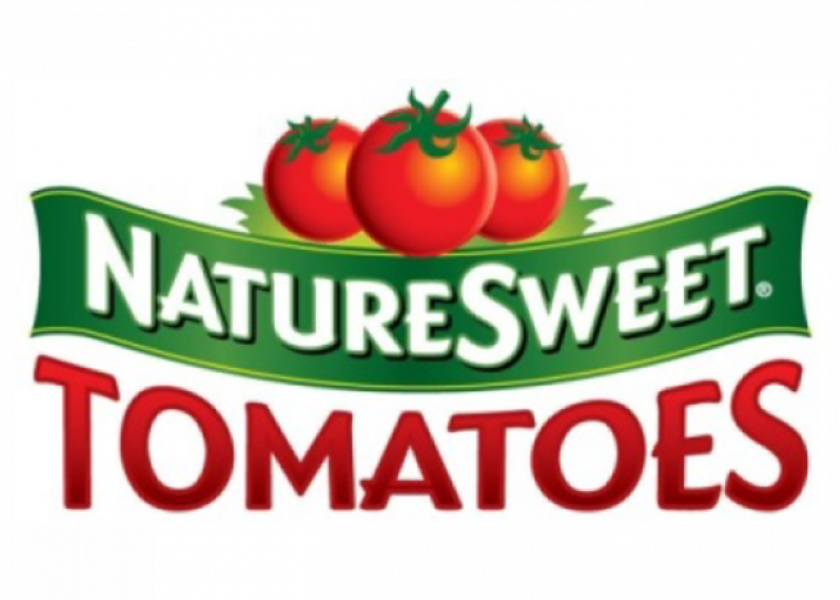NatureSweet asks for relief on Mexican tomato duty

Greenhouse grower NatureSweet, San Antonio, is asking the Commerce Department for some exemptions on duties for its imported tomatoes grown in Mexico, on the basis they did not exist when those duties were originally set.
In a May 8 request to Commerce for a “scope ruling,” NatureSweet claims that many varieties it grows were not even created when the Commerce Department began a dumping investigation on Mexican tomatoes in 1996.
The Commerce Department on May 7 terminated a tomato suspension agreement, which had stopped the investigation and set floor prices for specific tomato varieties imported from Mexico. The duties resumed once the government dropped the agreement.
The suspension agreement expressly excludes cocktail tomatoes, according to the NatureSweet Brands request, which also states that grape tomatoes should be excluded because the variety appeared in the market in 1997 and was not a significant commercial product until about 2000. While cherry tomatoes are listed in the anti-dumping investigation scope, the document said NatureSweet’s proprietary specialty snacking tomatoes derived from that variety were not imported from Mexico and marketed until several years after 1996, according to the document.
“Accordingly, expedited treatment is warranted in order to relieve NatureSweet of the unfair burden of being required to make anti-dumping duty deposit payments for which it should not be held liable,” NatureSweet wrote in the document.
Matthew Nolan, a partner with Arent Fox LLP, Washington, D.C., which represents NatureSweet, said in a May 15 e-mail that it is too early to say how soon Commerce will respond but that the process could take some time.
“We have to go through the Commerce administrative process first, then perhaps appeal to the court if this is rejected,” he said. “I believe we have good grounds since most of these varieties did not exist in 1996,” he said.
Background
NatureSweet is the successor group of companies to Desert Glory Ltd., which only produced “cocktail tomatoes” prior to the investigation, according to the filing. Cocktail tomatoes were specifically excluded as in the preliminary dumping determination in 1996, according to the filing. Desert Glory was re-branded “NatureSweet” in 1998, offering red cherry tomatoes-on-the-vine.
From 2000 to 2004, NatureSweet said it began to create new tomato varieties through grafting different tomato types, and launched Cherubs in 2005. More recent products include Eclipses, Twilights and D’Vines, according to the filing.
“None of these products existed at the time the investigation scope was defined and in fact, few existed until over 10 years after the investigation commenced,” NatureSweet said in its request to Commerce Department.
Jason Klinowski, a food and agriculture attorney with Wallace, Jordan, Ratliff & Brandt, said there may be similar requests to Commerce from other companies with proprietary tomato varieties, though he hasn’t seen evidence of that yet.
“I don’t know if (the request) will have any traction,” he said, noting that the Commerce Department and Florida tomato interests may say the proprietary varieties are still tomatoes.
“It’s absolutely true that these tomatoes, these varieties, didn’t exist in 1996,” he said.
The other side of the argument is that NatureSweet products still qualify as a tomato within the definition that existed in 1996.
Unless a marketer can “prove that their tomato is a cucumber” it might be difficult to escape the 17.56% duty, he said.







